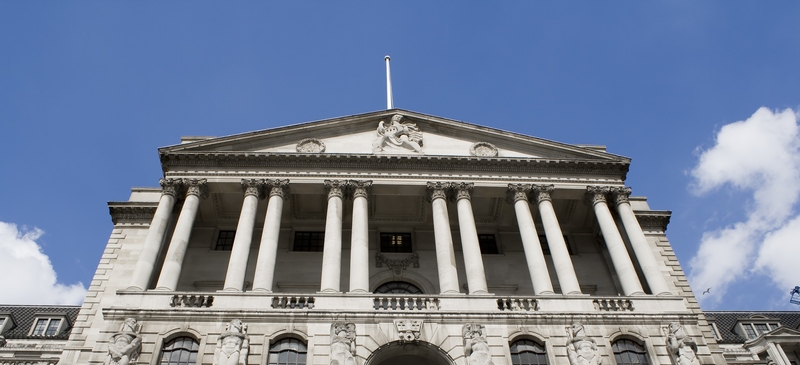
Is Austerity George saving the UK economy?
Britain’s unlikely status as a safe haven is more to do with Europe’s problems than our cuts.
George Osborne likes to point at Britain’s record low borrowing costs — the Government can issue ten-year debt at just over 2 per cent — as proof of confidence in his stewardship of the economy. Borrowing costs are low, he claims, because investors believe he will stick to the austerity programme.
Austerity is the watchword of this Government and there is no doubting the ambition of the Chancellor’s fiscal programme. In the eurozone only Greece, Ireland and Portugal are attempting greater austerity. Italy, which has a lower deficit but much higher levels of debt than Britain, is less ambitious, as are France and Spain, whose public finances are in only slightly better shape than the UK’s. Germany, which is in a much stronger position than the other big European economies, is not cutting public spending by much at all.
The scale of the UK’s retrenchment in spending partly reflects the dire state of its public finances when the coalition came to power: Britain had the largest underlying fiscal deficit of any large European economy and government borrowing relative to the size of the economy will still be higher in Britain in the current financial year than in Spain and Italy. But it also reflects the Government’s belief that it had to show investors it was serious about taming the deficit. With borrowing costs now as low as Germany’s, Mr Osborne can, on the face of it, claim vindication for this strategy.
In reality, low borrowing costs tell us little about the UK’s public finances or Mr Osborne’s management of them. Instead, they tell us a lot about the institutional failings of the eurozone. First, the UK’s central bank has bought large quantities of government debt (£220 billion so far and rising at around £5 billion a week). Investors can buy UK gilts in the knowledge that the Bank of England will defend the solvency of the British Government.
The contrast with struggling eurozone economies could not be starker. In extremis, the European Central Bank has bought government bonds but half-heartedly, advertising its aversion to doing so. Investors understandably doubt its readiness to do whatever is necessary to preserve the solvency of eurozone economies.
Second, the UK has benefited from a substantial devaluation. Spain, Italy, Greece and Portugal require very large currency devaluations to restore growth, but cannot engineer them because they are in the euro. As a result, investors doubt their ability to grow fast enough to service their debts and are wary of lending to them. These two factors, not their public finances, largely explain why Italy and Spain are charged around five percentage points more to borrow money than the UK.
Eurozone countries are now subject to self-fulfilling crises: fears of default increase the borrowing costs of solvent countries, leading to a worsening of their debt positions and heightening fears of default. Despite serious weaknesses, the UK has emerged as a rather unlikely safe haven thanks to its having not joined the single currency.
Even with the Bank of England doing everything to stimulate the economy and with devaluation having boosted trade competitiveness, fiscal austerity is weighing very heavily on UK growth. Fiscal austerity for struggling eurozone economies is even riskier, because there is nothing to offset it: they cannot rely on an activist central bank buying unlimited amounts of debt or on export-led growth.
Fiscal austerity has failed in Greece, Portugal and Ireland. All three have experienced dramatic increases in their levels of public indebtedness as their economies slumped into recession, from which only Ireland has pulled itself out.
The European Commission has been demanding that Italy and Spain tighten fiscal policy severely, but the result promises to be the same: a further erosion of both countries’ already dire growth prospects and confidence in their ability to service their debts.
The British Government is understandably fearful of the fallout from a collapse of the single currency. But fiscal austerity across the currency union is now part of the problem, not a solution to the crisis. Instead of brandishing his austerity credentials the Chancellor should be warning of the risks of cutting public spending by too much, not calling on eurozone economies to follow the UK’s lead. But that of course would mean admitting that the UK’s very low borrowing costs have little to do with his strategy.
